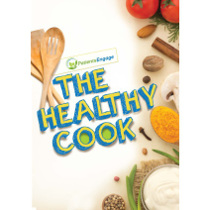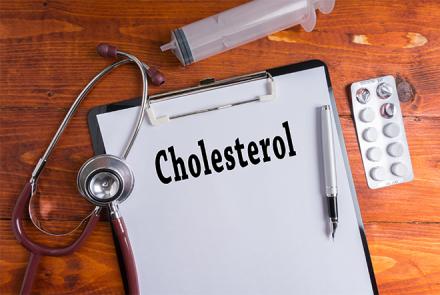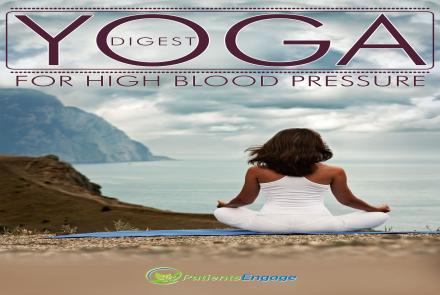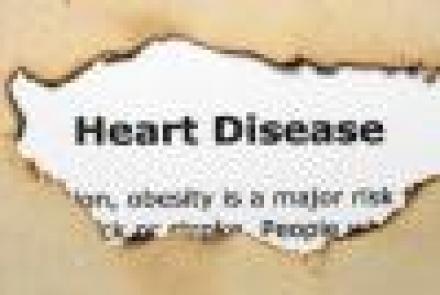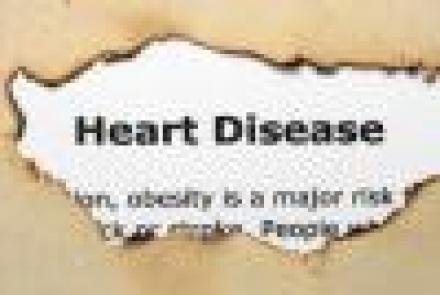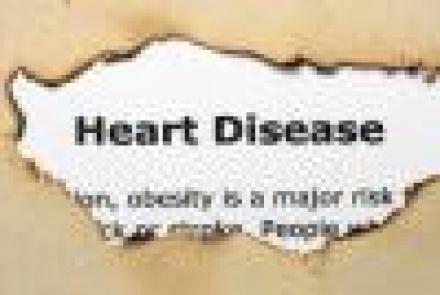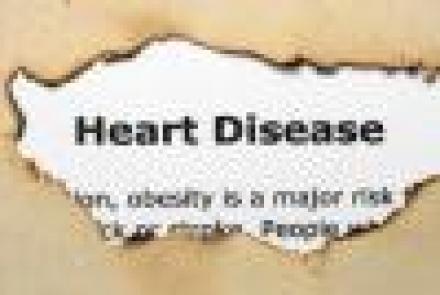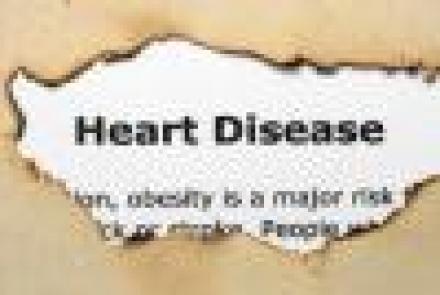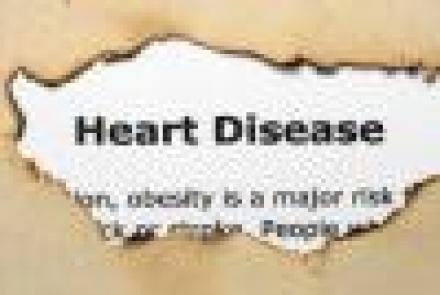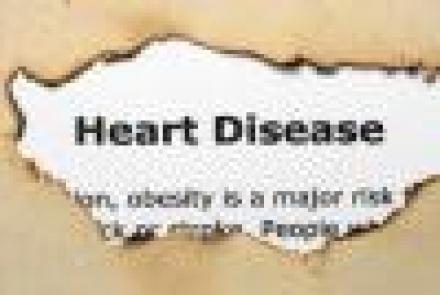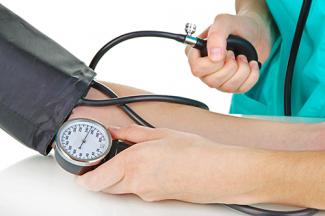
Managing high blood pressure is an important aspect of health management since it can lead to many issues - kidney disease, heart disease, cardiovascular disease, etc. We address questions on - What to eat? How much salt is ok? Is it ok to drink? What does Vitamin D have to do with it? And more.
1. What is considered high blood pressure?
A reading of 120/80 mmHg is considered normal. A blood pressure reading of 140/90 mmHg or higher is considered high blood pressure. If your blood pressure is between 120/80 mmHg and 139/89 mmHg, then you have pre-hypertension. This means that you don't have high blood pressure now but are likely to develop it in the future.
हिंदी में पढ़े : इन 10 नुस्खों से अपने उच्च रक्तचाप को नियंत्रित करें
2. What do those two numbers indicate?
The number at the top (systolic) shows the force of the blood in the arteries as the heart beats. The number at the bottom (diastolic) shows the force of the blood in the arteries as the heart relaxes between beats.
Must Read: How to Choose and Use Blood Pressure Monitor
3. What causes high blood pressure?
There are many causes of high blood pressure, but your chance of getting high blood pressure increases with age. Certain lifestyle factors are also to blame, such as lack of exercise, poor diet, obesity, alcohol and smoking.
High blood pressure may be caused by any of the following reasons:
- Narrowing of the arteries
- A greater than normal volume of blood
- The heart beating faster or more forcefully than it should
Any of these conditions will cause increased pressure against the artery walls. High blood pressure may also be caused by another underlying medical problem.
4. What kind of problems does hypertension cause?
High blood pressure is dangerous because it makes the heart work too hard.
It can cause:
- Artherosclerosis (hardening of the arteries)
- Heart disease
- Stroke
- Kidney disease
- Blindness
5. How do you know you have high blood pressure?
Often there is no symptom, so it is important to get it checked from time to time after the age of 40 and earlier if there is hypertension in the family.
6. Are headaches a sign of high blood pressure?
Very high blood pressure can cause the following symptoms:
- Severe headache
- Fatigue or confusion
- Vision problems
- Chest pain
- Difficulty breathing
- Irregular heartbeat
- Blood in the urine
- Pounding in your chest, neck, or ears
See a doctor immediately if you have any of these symptoms.
7. Are you at risk of developing hypertension?
See how many boxes you tick.
- Age and gender: The probability of developing high blood pressure increases as we get older. The risk increases in men over age of 45 and women over age 55.
- Family history: A family history of hypertension puts a person at a higher risk category than a person with no family history of hypertension. However, the full repercussions of this are still being researched.
- Smoking: Cigarette smoking is a major risk for high blood pressure.
- Activity level: A low-exercise lifestyle or no exercise leads to weak heart and obesity. This contributes to high blood pressure.
- Diet: Too much salt (sodium) and too little potassium can increase the risk of high blood pressure. Sodium and potassium are important regulators for maintaining fluid balance of cells.
- Stress: Too much emotional stress can lead to temporary but dramatic increase in blood pressure. Chronic stress can cause people to engage in unhealthy behaviours like overeating, smoking, alcohol use or lack of exercise. These contribute to high blood pressure. Relaxation and meditation are effective in lowering blood pressure.
- Medication: Certain drugs like non-steroidal anti-inflammatory, eg Ibuprofen, can cause damage to kidneys, aggravate heart failure and heart attack or stroke. These medications can lead to hypertension or make existing hypertension worse. Cold and cough medicines can also cause a rise in blood pressure and heart rate by constricting the arteries.
- Chronic conditions: Certain chronic conditions like diabetes, kidney disease and sleep apnea increase the risk of high blood pressure. The relationship between sleep apnea and hypertension is thought to be due to obesity.
- Low Vitamin D level: Too little Vitamin D in your diet can result in hypertension. Researchers think that vitamin D may affect an enzyme produced by the kidney that affects our blood pressure.
- Other medical problems: Hormonal imbalance, tumours or other medical problems can cause hypertension.
8. How can you manage high blood pressure?
Your doctor may prescribe medicines. You should also make the following lifestyle changes:
Eat healthily
Follow the DASH (Dietary Approaches to Stop Hypertension) diet. The DASH eating plan includes whole grains, poultry, fish and nuts and has reduced amount of salt, fats, red meat, sweets and sugared beverages.
More on DASH Diet in Asian cuisine.
Check out Heart friendly and diabetes friendly recipe book
Eat less salt
The current recommendation is to consume less than 2.3g (2,300mg) of sodium a day. That equals 6g (about 1 teaspoon) of table salt a day.
Lose weight if you need to
Being overweight increases your risk of developing high blood pressure.
Exercise regularly
This is one of the most important steps you can take to prevent or control high blood pressure. Exercise also helps reduce your risk of heart disease. Start by doing 30 minutes of moderate level activity on most, preferably all, days of the week. Brisk walking, swimming, cycling and gardening are some examples. The 30 minutes can be divided into short intervals of 10 minutes each.
Limit alcohol intake
Drinking too much alcohol can raise blood pressure. It also can harm the liver, brain and heart. Alcoholic drinks also contain calories, which are a problem if you are trying to lose weight. If you trying to manage high blood pressure, do not drink or drink in moderation. A moderate amount is considered to be one drink a day for women and two drinks a day for men. What counts as a drink?
12 ounces of beer (regular or light,150 calories) or
5 ounces of wine (100 calories) or
11/2 ounces of 80-proof whisky (100 calories)
Quit Smoking
Smoking injures blood vessel walls and speeds up the process of the hardening of the arteries. This applies even to filtered cigarettes. So even though it does not cause high blood pressure, smoking is bad for everyone, especially those with high blood pressure.
Reduce stress
Stress is believed to increase blood pressure, so take up activities that de-stress.
9. What kind of medication would the doctor prescribe?
Your doctor may recommend some of the following medications:
Diuretics – These are called ‘water pills’ as they work on the kidney and flush excess water and sodium from the body.
Beta-blockers – These reduce nerve impulses to the heart and blood vessels. This makes the heart beat slower and with less force.
Angiotensin converting enzyme (ACE) inhibitors – These prevent the formation of a hormone called angeotensin II, which normally causes blood vessels to narrow.
Angiotensin antagonists – This shields blood vessels from angiotensin II thereby making vessels wider and reducing the blood pressure.
Calcium channel blockers (CCBs) – This prevents calcium from entering into the heart muscle and blood vessel.
Alpha –blockers – This reduces the nerve impulses to blood vessels.
Alpha – beta blockers – This slows the heartbeat so that less blood is pumped through the vessel which, in turn, lowers the blood pressure.
Nervous system inhibitors – This relaxes blood vessels by controlling the nerve impulses.
Vasodialators – This directly opens the blood vessels by relaxing the muscle in the vessel walls.
10. Are there side effects to these medications?
All medicines have side effects. You may feel some dizziness if your pressure drops too low.
Other side effects include:
• Diuretics increase urination and may cause low potassium blood levels
• ACE inhibitors may cause and dry cough; raise potassium blood levels
• Calcium channel blockers may cause low heart rate, constipation and swollen ankles
• Beta blockers may cause drowsiness
It is best to discuss the medications with your doctor.

